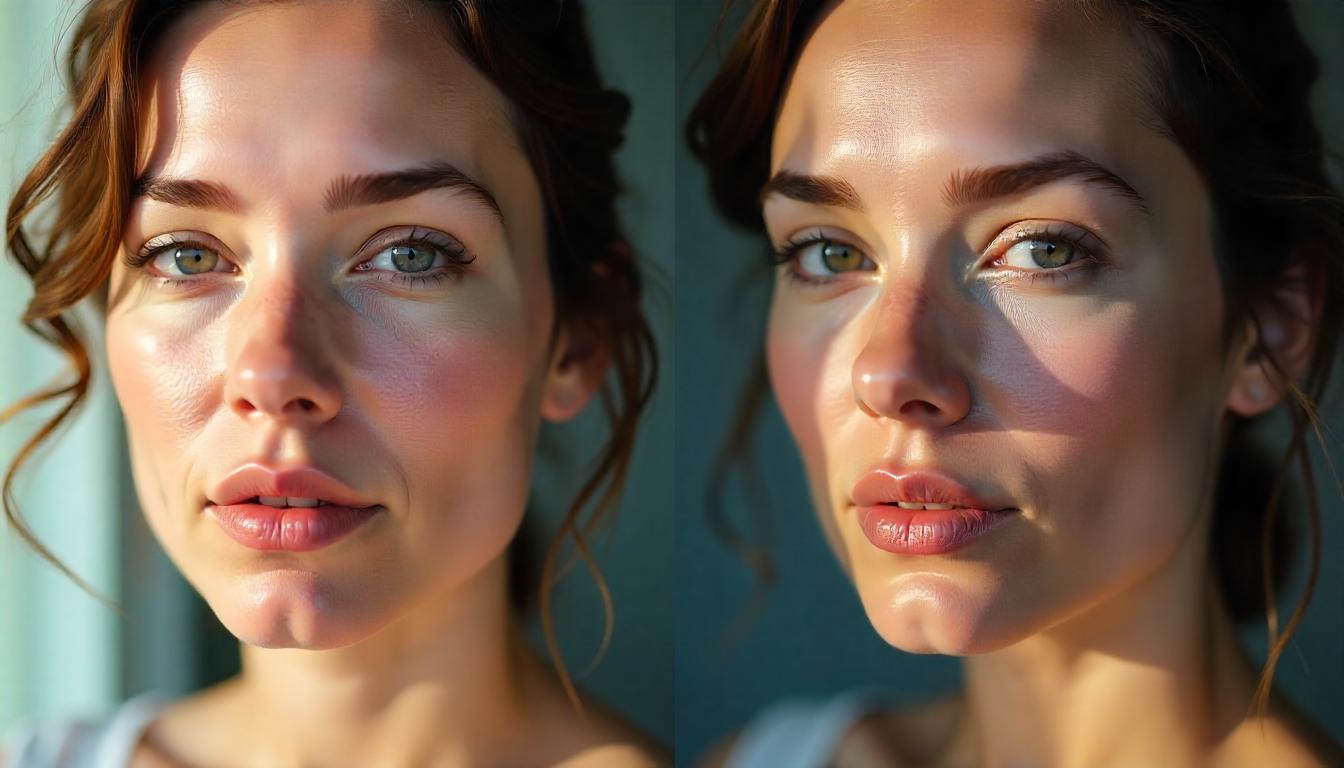Introduction to Retin-A and its benefits for dark spots
Are you tired of battling stubborn dark spots on your skin? You’re not alone. Many people struggle with these pesky discolorations, which can be caused by sun exposure, hormonal changes, or acne scarring. If you’re looking for an effective solution that delivers real results, Retin-A might just be your new best friend. Known for its impressive array of skincare benefits, this powerful topical treatment is gaining popularity in the quest to achieve a more even skin tone. Let’s dive into how Retin-A works wonders against dark spots and discover some essential tips to help you make the most of this potent ingredient!
The science behind Retin-A’s ability to fade dark spots
Retin-A, a derivative of vitamin A, works wonders on dark spots primarily through its ability to accelerate cell turnover. This means it helps your skin shed old, damaged cells more quickly and reveals fresh, new skin underneath.
As the dead skin cells slough away, pigmentation from dark spots is diminished. With consistent use, you’ll notice that these spots gradually fade over time.
Additionally, Retin-A stimulates collagen production. Collagen is vital for maintaining skin elasticity and firmness. As your skin becomes firmer and healthier due to increased collagen levels, the appearance of uneven texture often associated with hyperpigmentation also improves.
The result? A brighter complexion with fewer visible dark spots. The science behind this transformative treatment showcases just how effective Retin-A can be in achieving clearer and more even-toned skin.
How to properly use Retin-A for optimal results
Using Retin-A effectively starts with a clean slate. Gently wash your face with a mild cleanser and pat it dry. This prepares your skin for absorption.
Apply a pea-sized amount of Retin-A to your fingertip. Dot it on key areas: forehead, cheeks, chin, and nose. Use smooth motions to blend the product evenly across your skin.
Start slow—use Retin-A every other night or even twice a week initially. Give your skin time to adjust before increasing frequency to nightly applications.
Always follow up with moisturizer after applying Retin-A. This helps mitigate dryness and irritation that can occur during treatment.
Don’t forget sunscreen in the daytime! Your skin becomes more sensitive when using retinoids, making sun protection crucial for optimal results.
Important tips and precautions when using Retin-A for dark spots
When using Retin-A for dark spots, start slow. Introduce it gradually to avoid irritation. Begin with a pea-sized amount every other night and increase frequency as your skin adjusts.
Always apply Retin-A on clean, dry skin. This enhances absorption and effectiveness while minimizing the risk of irritation.
Sun sensitivity is heightened when using this treatment. Protect your skin daily with broad-spectrum sunscreen, even on cloudy days.
Moisturizing is essential too. A gentle moisturizer can help mitigate dryness and flakiness often associated with retinoids.
Consult a dermatologist before starting any new skincare regimen involving Retin-A, especially if you have sensitive or reactive skin types. Their guidance ensures that you achieve the best results safely and effectively.
Other skin benefits of Retin-A
Retin-A is not just effective for dark spots; it offers a multitude of skin benefits. One notable advantage is its ability to reduce fine lines and wrinkles. By promoting collagen production, Retin-A helps maintain skin elasticity, giving you a youthful appearance.
Additionally, this powerful retinoid can improve overall skin texture. It promotes cell turnover, exfoliating dead skin cells and revealing healthier layers beneath. As a result, your complexion appears smoother and more radiant.
Another benefit lies in its acne-fighting properties. Retin-A unclogs pores and reduces the formation of new blemishes, making it an excellent choice for those with oily or acne-prone skin.
Moreover, using Retin-A can enhance the effectiveness of other skincare products by allowing them to penetrate deeper into the skin. This means your serums and moisturizers work even harder for you over time.
Alternative treatments for dark spots
For those seeking alternatives to Retin-A for dark spots, several options are available. One popular choice is hydroquinone, a skin-lightening agent that can reduce the appearance of hyperpigmentation. It works by inhibiting melanin production.
Another effective treatment is vitamin C serums. Packed with antioxidants, they not only brighten the skin but also provide protection against environmental damage. Regular use can lead to improved skin tone and texture.
Chemical peels offer another avenue for fading dark spots. They involve applying a solution that exfoliates the top layer of skin, promoting new cell growth underneath.
Laser treatments have gained popularity as well. These targeted therapies can break down excess pigmentation without harming surrounding tissue.
Natural remedies such as licorice extract or niacinamide may help lighten dark spots gently over time while soothing the skin’s surface.
Conclusion on the effectiveness of Retin-A for dark spots
Retin-A has established itself as a powerful ally in the battle against dark spots. By promoting cell turnover and enhancing skin texture, it effectively diminishes hyperpigmentation over time. The science behind its formulation reveals how it influences skin at a cellular level, making it an attractive option for those seeking to improve their complexion.
When used correctly, Retin-A can offer remarkable results. Following best practices ensures users maximize its benefits while minimizing potential side effects. It’s essential to be patient and consistent; visible improvements may take weeks or even months.
Moreover, Retin-A doesn’t just address dark spots—it also provides other skin advantages such as reducing fine lines and improving overall tone. However, it’s crucial to consider alternative treatments if you’re looking for different options or have specific sensitivities.
With proper usage and care, many individuals find success with Retin-A in fading stubborn dark spots while enjoying additional skincare benefits. For anyone struggling with pigmentation issues, this treatment is certainly worth considering on your journey toward clearer skin.

Leave a Reply